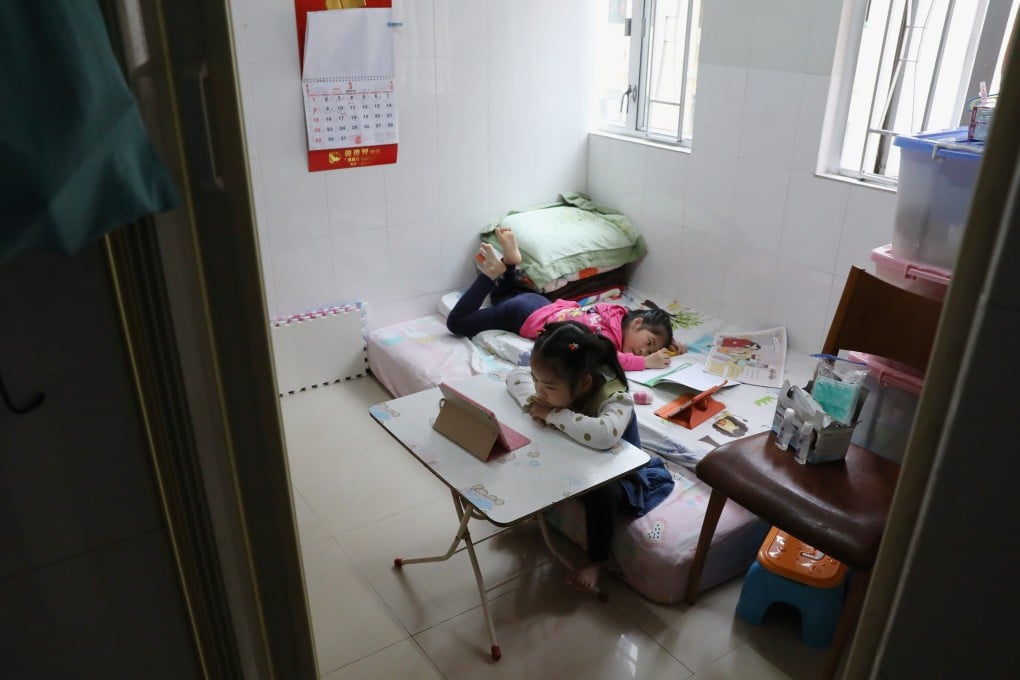Letters | Covid-19 warning for Hong Kong schools on digital divide
- The pandemic has highlighted troubling issues with resource access among students
- Hong Kong cannot ignore the learning differences brought about by economic disparity, and must find ways to deepen and improve digital learning

Despite the fact that e-learning has been promoted for nearly 20 years by the government, it is seen as playing a secondary role in the education system. In bringing an unprecedented time of challenge, the pandemic has unearthed troubling issues which our society cannot ignore.

01:38
Low-income Hong Kong students struggle as coronavirus forces classes online
Firstly, the learning differences brought about by economic disparity should not be ignored. In spite of the fact that the Community Care Fund has implemented an assistance programme to subsidise mobile computer devices for needy primary and secondary students in public schools, there is a considerable number of reported cases of underprivileged students still lacking suitable learning devices. As e-learning has been a must for most of the past year, and may well become the only mode of education again in the future, the situation should be a wake-up call for the government, companies and NGOs on the necessity of allocating more resources to those in need and ensuring no one is left behind.